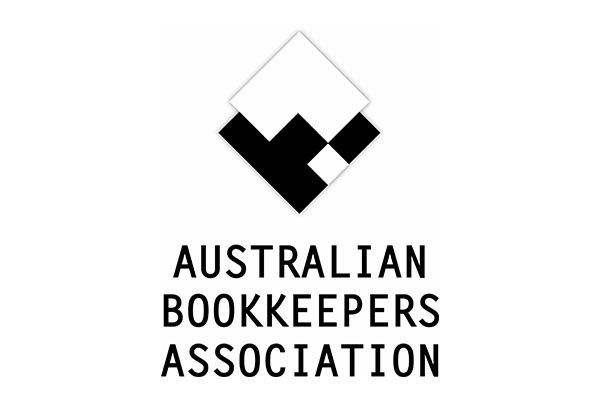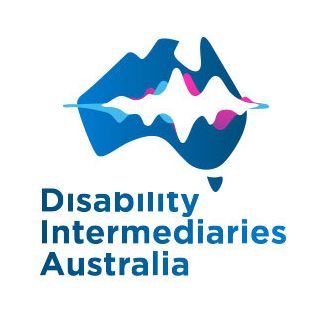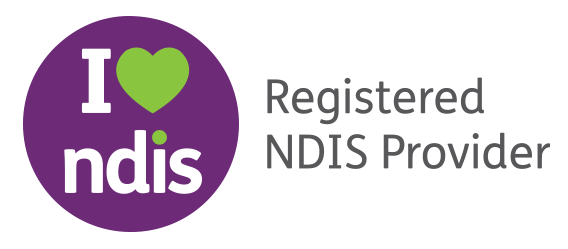Participant Enquiries
NDIS Home Modifications Explained: What’s Funded, Who’s Eligible and How to Access Support

Living safely and independently at home can be challenging for some people with disability — especially if the environment isn’t designed with accessibility in mind. That’s where NDIS-funded home modifications come in.
In this article, we explore:
- What counts as a home modification under the NDIS
- What is and isn’t funded
- How to access this support through your plan
- Who is eligible
- The application and approval process
- The types of disability most commonly supported
What Are Home Modifications?
Home modifications refer to structural or functional changes to your home that help you:
- Move around more safely
- Access essential facilities like bathrooms and kitchens
- Reduce your reliance on carers or family members
- Improve independence in daily life
- Meet your NDIS goals within your own home
To be funded, modifications must be directly related to your disability and meet the NDIS criteria for being reasonable, necessary, safe, and cost-effective.
What the NDIS Will Fund
The NDIS may fund home modifications if:
- Your disability impacts your ability to safely access or use parts of your home
- The modification will help you achieve your goals, such as increasing independence or safety
- There is no more cost-effective alternative
The work meets Australian building codes and NDIS safety standards
Common Examples of Funded Modifications:
- Widening doorways to allow wheelchair access
- Installing grab rails, ramps or step-free showers
- Relocating or adjusting bathroom fixtures
- Installing accessible light switches or benchtops
- Supporting structural work for ceiling hoists or lifts
Common Home Modifications the NDIS Will Not Fund
It’s important to understand that not all home changes are considered “reasonable and necessary” under the NDIS. While the scheme funds modifications that improve safety, access, and independence, it does not cover general renovations, lifestyle upgrades or property improvements.
Below are common requests that are
not usually approved under home modifications funding:
| Not Typically Funded by the NDIS | Reason |
|---|---|
| General renovations (new tiles, cabinetry, repainting) | Considered cosmetic or aesthetic |
| Luxury fixtures (designer tapware, premium finishes) | Not related to disability needs |
| Extensions or additional rooms | Increases property value, not disability function |
| Pools, spas, hydrotherapy installations | Regarded as recreational or therapeutic extras |
| Outdoor landscaping, driveways, decking | Only considered if essential for access and recommended by an assessor |
| Repairs or maintenance (e.g. leaking showers, broken tiles) | Homeowner or landlord responsibility |
| Household appliances or furniture | Managed under Assistive Technology or personal expense |
Why These Are Declined
The NDIS will only fund supports that:
- Are directly related to your disability
- Represent value for money compared to alternatives
- Cannot be achieved with assistive technology or equipment
- Do not increase the resale value or improve general living standards of the home
If a safer or lower-cost alternative exists such as a transfer bench instead of redesigning a whole bathroom, the NDIS will expect that option to be explored first.
How to Increase the Chance of Approval
If you're considering applying for home modifications through your NDIS plan, preparation is key. The NDIA looks for clear evidence, clinical justification, and value for money — and small details can make a big difference.
Here are some ways to strengthen your request:
- Engage a qualified occupational therapist or home modification assessor early
They will assess your home environment and prepare a report that links your needs to your NDIS goals. - Make sure recommendations are specific and functional
Vague requests (like “make the bathroom easier to use”) are less likely to be approved than clear goals (e.g. “enable safe, independent transfers in and out of the shower”). - Provide landlord or owner approval up front
If you're renting, written permission to modify the property is essential before any funding can be granted. - Include quotes and floor plans when required
For complex works or higher-cost projects, accurate quotes and drawings help NDIA assess both feasibility and value. - Avoid upgrades that appear cosmetic
Where possible, focus on safety, access, and disability-related function. If a less costly solution will work, be ready to justify why it’s not appropriate. - Work with a Support Coordinator who understands the process
A coordinator can help manage documentation, engage the right professionals, and make sure nothing is missed.
At Empowrd, we’ve supported many participants through successful home modification requests — particularly in regional areas where access to builders and assessors can be a challenge.
Types of Home Modifications
The NDIS classifies modifications as either
minor or
complex, based on cost, scope and risk.
Minor Modifications
- Category A: Under $10,000
- Category B: $10,000–$20,000
Typically non-structural. Examples include grab rails, handheld shower heads, lever-style taps or modest flooring changes.
Complex Modifications
- Over $20,000 or involving structural changes
These usually require building permits and may include full bathroom redesigns, permanent ramps, extensive plumbing/electrical work, or alterations to multiple rooms.
Who Can Access Home Modifications?
You may be eligible if:
- You are an NDIS participant with functional limitations related to your home environment
- Your disability makes it unsafe or impossible to use certain parts of your home
- The proposed change is clearly linked to improving your independence or safety
This support is most commonly accessed by people with:
- Mobility impairments (e.g., cerebral palsy, MS, spinal cord injury)
- Neurological or degenerative conditions
- Visual impairments
Conditions that require hoists or equipment within the home
Do I Need to Own My Home?
No, you can access home modifications if you:
- Own your home
- Rent privately (with landlord permission)
- Live in community, social, or public housing (with housing provider approval)
- Reside part-time in a second home (e.g. shared custody or blended family arrangements)
In all cases, written permission from the property owner or landlord is required before funding can be approved.
Understanding Home Modification Assessments
To be approved for home modifications under the NDIS, you’ll need a formal assessment completed by a qualified professional, usually an occupational therapist (OT) or a home modification assessor.
This assessment helps the NDIS determine:
- If the modification is necessary due to your disability
- What specific changes are required to make your home safer and more accessible
- Whether the work is likely to be effective and offer value for money
Types of Assessments:
- Minor Modifications (Under $20,000):
A standard OT assessment is usually sufficient. For mods between $10k–$20k, the OT must be qualified as a home modification assessor. - Complex Modifications (Over $20,000 or Structural Work):
Requires a detailed report from a home modification assessor, who must be independent from any builder quoting the work.
In both cases, the assessor must provide:
- A written report outlining the functional need
- Recommendations that link directly to your NDIS goals
- Information about safety, feasibility, and long-term value
What You’ll Need to Provide:
- Written approval from your landlord or property owner (if renting)
- Photos or floorplans of the areas needing modification
- Quotes, if required (typically for complex works or remote areas)
At Empowrd, our team supports participants by helping them find the right professionals, prepare documentation, and keep the modification process on track from landlord approvals to NDIA submissions.
The Application Process: How to Get Home Modifications Funded
Here’s what the process typically involves:
- Discuss your needs with your support coordinator or planner
- Identify which areas of your home are unsafe or limiting
- Get an OT or qualified assessor involved
- You’ll need a functional assessment and a home visit
- Provide documentation
- Including building permissions, assessor reports and quotes
- Submit a request to the
NDIS for plan review
or variation
- Do not start any work until funding has been confirmed in writing
- Receive funding approval
- Funds will be added to your Capital budget under “Home Modifications”
Quotes and Cost Requirements
- Minor modifications under $10,000 often don’t require a quote (unless you live in a remote area).
- Complex modifications over $20,000 generally require at least two itemised quotes, plus a project manager if structural work is involved.
In some cases, additional funding may be available for:
- Temporary relocation during construction
- Professional advice from designers or engineers
- Project management of complex builds
Related or Incidental Costs
The NDIS may also fund other supports tied to home modifications, such as:
- Equipment installation (e.g., shower chairs or hoists)
- Minor repairs related to disability-specific changes
- Additional works to ensure safety or function (e.g., flooring finishes for a new ramp)
Who Benefits Most from Home Modifications?
Data suggests that participants with physical or neurological disabilities most commonly access home modifications. Demand has increased in recent years as awareness and access have improved, particularly among adults aged 45–65 who wish to remain independent in their homes.
While NDIS doesn't release exact annual figures, the category continues to grow and is seen as a critical support in achieving long-term independent living.
Get Support from Empowrd
Home modifications are life-changing, but the process can be complex. At Empowrd, our team helps you navigate every step with clarity and confidence.
We assist with:
- Preparing your documentation and reports
- Connecting you with registered builders and assessors
- Explaining your rights, options and plan funding
- Submitting requests and following up with the NDIA
Empowrd provides Support Coordination across Port Lincoln, Eyre Peninsula, Ceduna and surrounding regions.
NDIS Plan Management is also available through Empowrd to assist with funding administration once your supports are approved.
Further Reading and Resources
- NDIS Home Modifications Guidelines
Learn what’s funded, how to apply, and what documentation is required.
ourguidelines.ndis.gov.au/supports-you-can-access-menu/home-and-living/home-modifications
- Occupational Therapy Australia – Find a Registered OT
Use this tool to find a qualified occupational therapist or home modification assessor in your state.
otaus.com.au/find-an-ot
- Home Modification Information Clearinghouse (HMinfo)
Independent design advice and safety tips for accessible homes.
hminfo.com.au
Final Thoughts
Home modifications can be one of the most empowering supports available through the NDIS. Whether you need simple changes or major renovations, knowing your options and having the right support can make the journey clearer, smoother, and far less stressful.
If you're looking for trusted Port Lincoln NDIS disability support, Empowrd is here to help with local insight and personalised guidance across the Eyre Peninsula and surrounding regions.
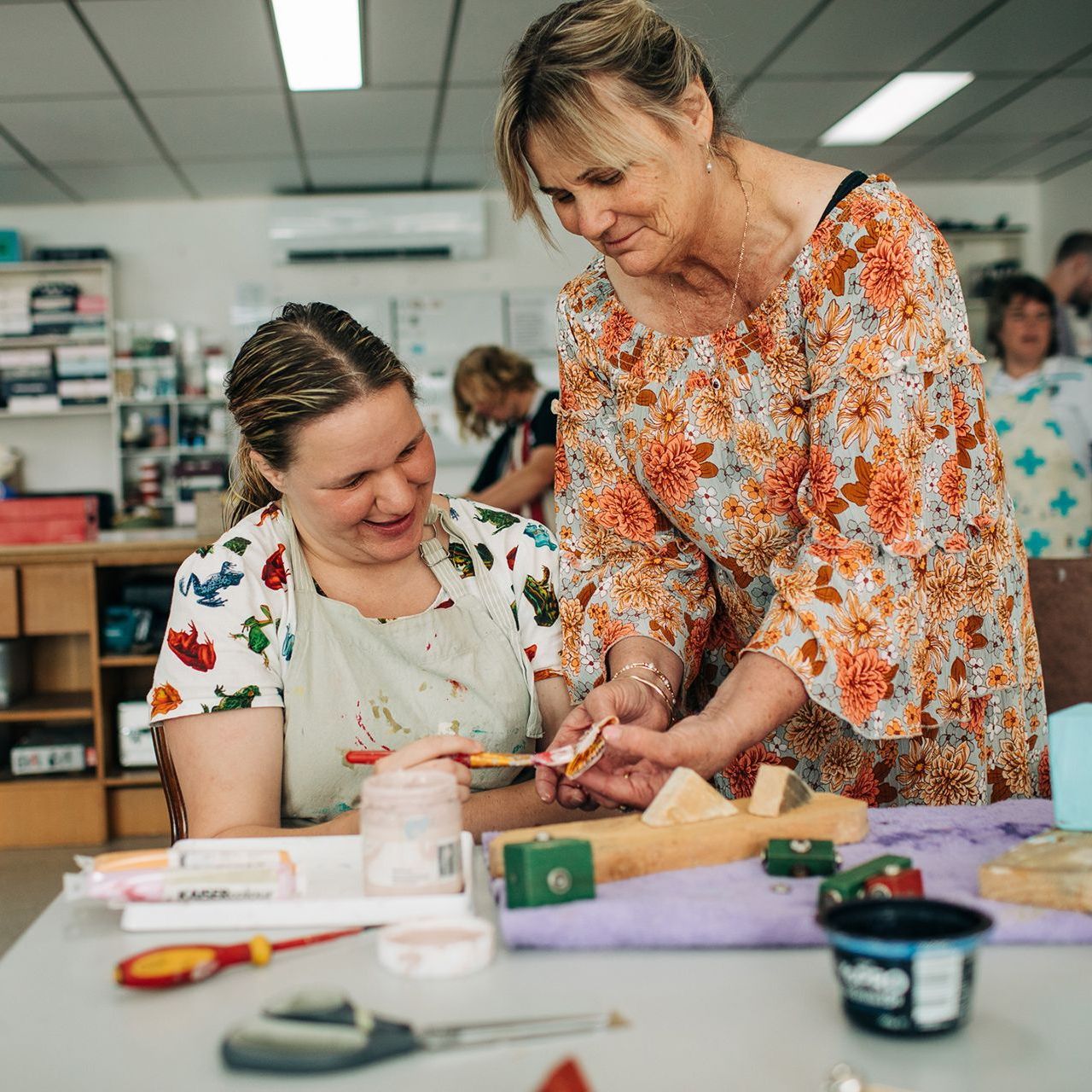
NDIS Plan Management and Support Coordination
At Empowrd, we are here to make your life easier. Based in Port Lincoln on the Eyre Peninsula, we offer a personal, accessible and holistic approach to NDIS Plan Management and Support Coordination.
We provide Plan Management services across Australia, assisting with financial administration, and offer Support Coordination to participants in Port Lincoln and Eyre Peninsula, connecting them with the right supports and providers. Our goal is to ensure your NDIS plan works for you, so you can focus on achieving your goals and doing what you love.
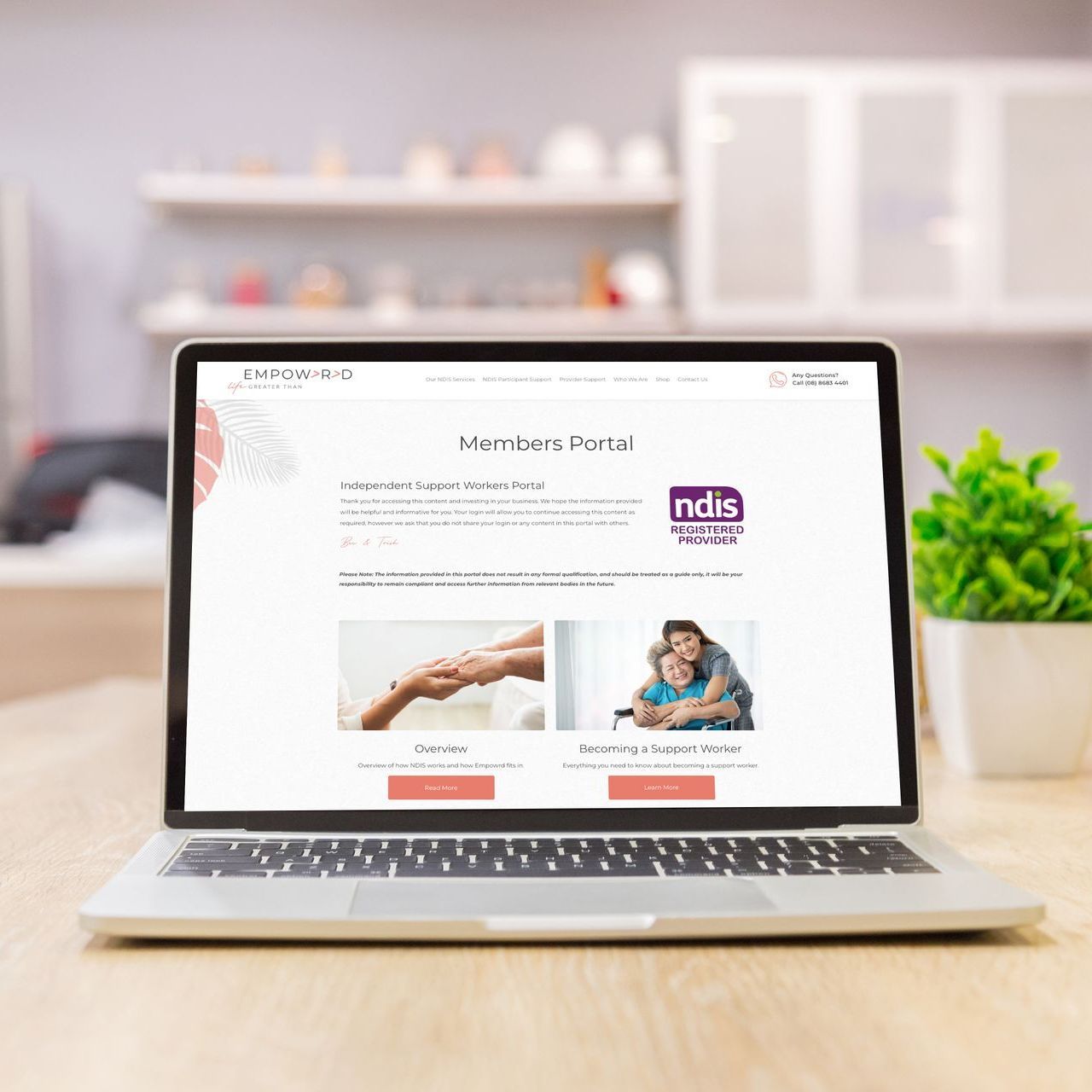
Want to Become a Support Worker?
Our Independent Support Workers Education Portal provides everything you need to navigate the NDIS, find work, and confidently offer services as an Independent Support Worker. For just $65, you will gain access to comprehensive guides, essential resources, and ready-to-use templates to streamline your work.
Inside, you will find:
- A clear breakdown of how the NDIS works
- Tips for finding jobs and delivering services
- Step-by-step guidance on invoicing and support planning
- Ready-to-edit templates for quotes, service agreements, invoices, and case notes
Need just the templates? You can also purchase them separately as standalone resources.
I hope you enjoy reading this blog post.
If you are ready to be Empowrd to live your life to the fullest, let us steer you on the right path.
Be EMPOWRD to Live Your Best Life
If you’re ready to be empowered to live life on your terms, we’re here to help guide the way. At Empowrd, we offer a personal, accessible, and holistic approach to NDIS Plan Management and Support Coordination. We’ll ensure your plan works for you, allowing you to focus on your goals and the things you love most.











